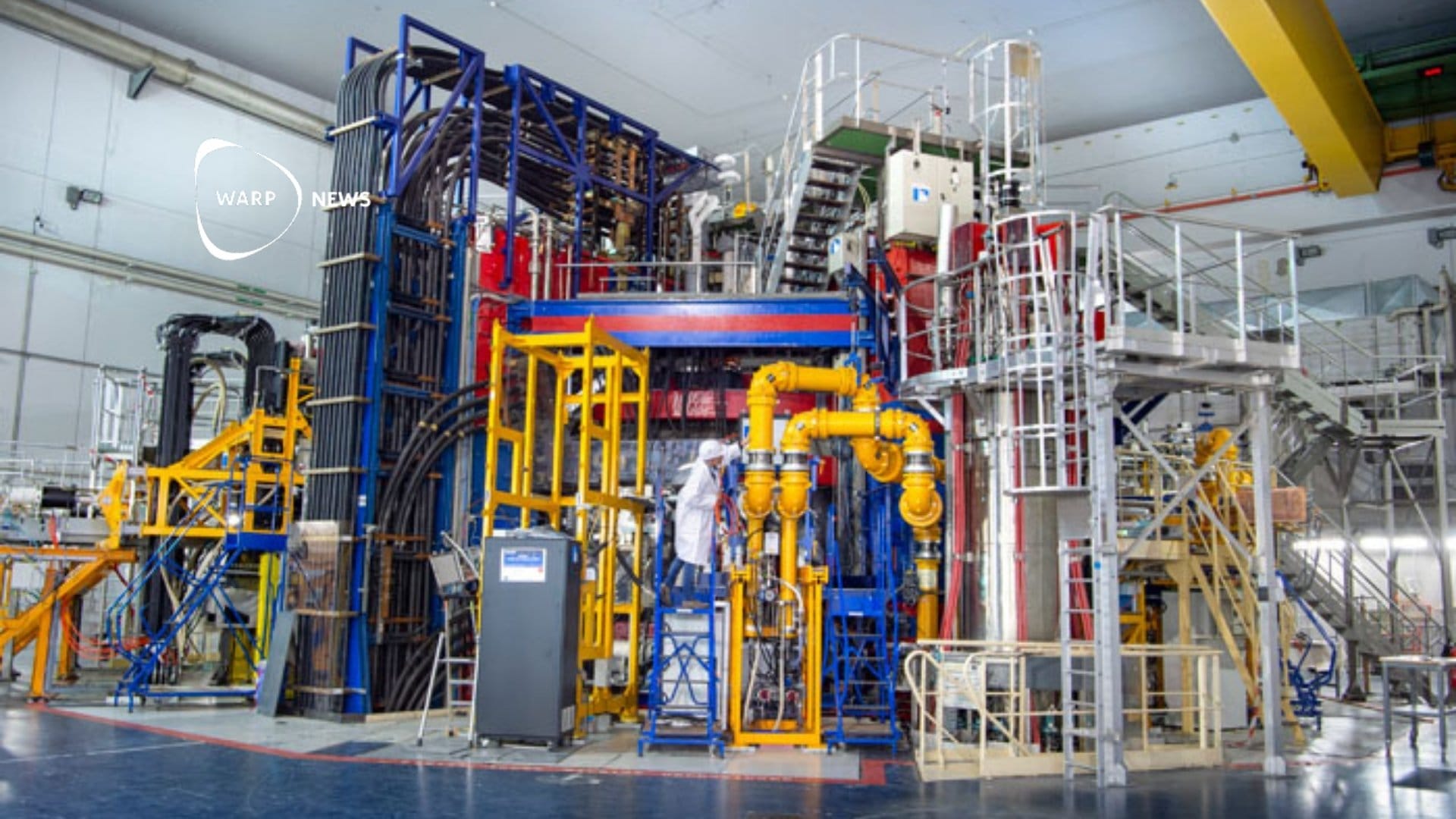
🔋 Scientists have solved a 40-year-old battery problem
Scientists have created a lithium metal battery that could potentially hold for 10 000 charges.
Share this story!
Lithium-ion batteries are used in everything from mobile phones to electric cars, but they are not completely optimal. It takes a long time to charge them and after a while they start loosing capacity. Sometimes after as little as 500 charging times.
Lithium metal batteries would solve these problems, but unfortunately they are unstable- at least up until now. In a press release, researchers from Harvard University in the USA claims that they have solved the problem researchers has scratched their heads about for 40 years.
The scientists say that they have found a way to construct a battery that can be charged at least 10,000 times. This means that an electric car can run for 10-15 years without having to change the battery. It would give electric cars the same normal lifespan as a petrol car and reduce the life cycle cost of electric cars. And not only that, lithium metal batteries charge faster. It does not take more than 10-20 minutes to recharge an empty battery to full capacity.
Self healing
The problem with traditional lithium metal batteries is that needle-like structures, dendrites, grow on the surface of the battery's anode. The dendrites grow like roots in the electrolyte and pierce the barrier between cathode and anode. This may cause a short circuit or the battery to burn. What the researchers at Harvard have done is that they have added more layers between cathode and anode in the battery. The dendrites can penetrate through one layer, but not several, and thus cannot destroy the barrier between cathode and anode. An additional advantage is that the chemical technology used in this solution can fill in the holes that the dendrites create. The battery thus becomes self-healing. Now the researchers will go further and show that their technology can be used in commercial production of batteries.
"This proof-of-concept design shows that lithium-metal solid-state batteries could be competitive with commercial lithium-ion batteries. And the flexibility and versatility of our multilayer design makes it potentially compatible with mass production procedures in the battery industry. Scaling it up to the commercial battery won’t be easy and there are still some practical challenges, but we believe they will be overcome.” says Xin Li, professor of materials technology at Harvard University and leader of the research team behind the lithium metal battery, in a press release.
Image: unsplash.
By becoming a premium supporter, you help in the creation and sharing of fact-based optimistic news all over the world.


